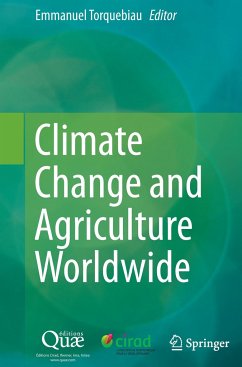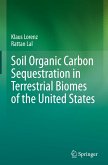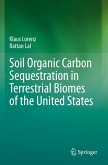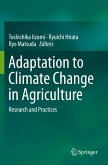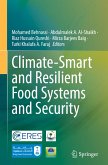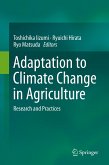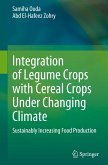In recent years, especially with the approach of the 21st Session of the Conference of the Parties to the United Nations Framework Convention on Climate Change in Paris in late 2015, the number of publications, conferences and meetings on climate change has been growing exponentially. Yet uncertainties remain concerning rural tropical areas where models are forecasting the onset of multiple disorders and trends are unclear. Meanwhile, the impact of climate change on the poorest communities is regularly documented, often prompting alarmist reactions.
How can food security be achieved while adapting to and mitigating climate change? What are the main threats to agriculture in developing countries? How do farmers in these countries cope with the threats? What does agricultural research propose? What options have yet to be investigated?
A broad scope of scientific research is underway to address these challenges. Diverse solutions are available, including new agricultural practices, water management, agricultural waste recycling, diagnosis of emerging diseases, payment for ecosystem services, etc. Gaining insight into the financial and political mechanisms that underlie international climate negotiations is also essential to design practical ways to deal with climate issues and meet sustainable development requirements in collaboration with farmers.
This book pools the wealth of experience of dozens of researchers and
development officers from a range of disciplines. We have focused on making it detailed, accurate and hopefully easy to read for researchers, students and all other informed readers.
How can food security be achieved while adapting to and mitigating climate change? What are the main threats to agriculture in developing countries? How do farmers in these countries cope with the threats? What does agricultural research propose? What options have yet to be investigated?
A broad scope of scientific research is underway to address these challenges. Diverse solutions are available, including new agricultural practices, water management, agricultural waste recycling, diagnosis of emerging diseases, payment for ecosystem services, etc. Gaining insight into the financial and political mechanisms that underlie international climate negotiations is also essential to design practical ways to deal with climate issues and meet sustainable development requirements in collaboration with farmers.
This book pools the wealth of experience of dozens of researchers and
development officers from a range of disciplines. We have focused on making it detailed, accurate and hopefully easy to read for researchers, students and all other informed readers.
"Focusing primarily on developing regions, Torquebiau ... has organized the essays into three primary parts: coping strategies, innovative approaches, and the process of stimulating change. ... Useful for agricultural collections specializing in resource planning, conservation, and environmental studies that support advanced readers. Summing Up: Recommended. Graduate students, researchers/faculty, and professionals/practitioners." (L. S. Cline, Choice, Vol. 53 (9), May, 2016)
"The book addresses the challenges to be faced in future warming conditions in terms of various 'risks and vulnerability' and discusses plausible strategies for converting agriculture as a sustainable enterprise. ... the book offers some doable solutions for sustainable agricultural practices under changing climatic conditions and is interesting to a wide range of readers such as students, researchers, agricultural scientists, policy makers and regulatory agencies across the world." (Pradeep K. Dubey, Gopal S.Singh, P. C. Abhilash, Journal of Cleaner Production, Vol. 113, 2016)
"The book addresses the challenges to be faced in future warming conditions in terms of various 'risks and vulnerability' and discusses plausible strategies for converting agriculture as a sustainable enterprise. ... the book offers some doable solutions for sustainable agricultural practices under changing climatic conditions and is interesting to a wide range of readers such as students, researchers, agricultural scientists, policy makers and regulatory agencies across the world." (Pradeep K. Dubey, Gopal S.Singh, P. C. Abhilash, Journal of Cleaner Production, Vol. 113, 2016)

